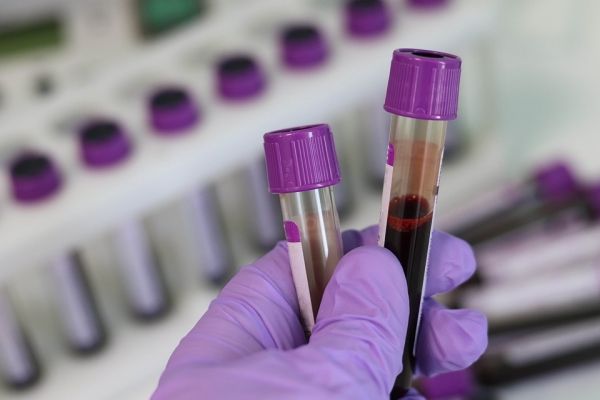One in four people in Western and Asian societies develop a build-up of fat in the liver as a result of an unhealthy diet. This disease – referred to as non-alcoholic fatty liver disease (NAFLD) – causes no symptoms initially but can develop into end-stage liver cirrhosis with limited treatment options. A discovery, published today in Molecular Systems Biology, paves the way for a simple blood test to detect early stages of NAFLD, opening up the possibility of preventing the development of liver cirrhosis through lifestyle changes or pharmaceutical intervention.
The liver is an important organ, filtering toxic substances from the body and producing proteins required for digestion, blood clotting, and other important physiological functions.
“The liver is very resilient and capable of regenerating itself, which may be the reason why liver damages due to excessive fat deposition can go undetected for a long time,” says EMBO Member Matthias Mann of the University of Copenhagen, Denmark, and the Max Planck Institute of Biochemistry in Martinsried, Germany, who led the study. However, when damage accumulates liver function eventually starts to fail.
Read more at EMBO
Photo Credit: Belova59 via Pixabay


